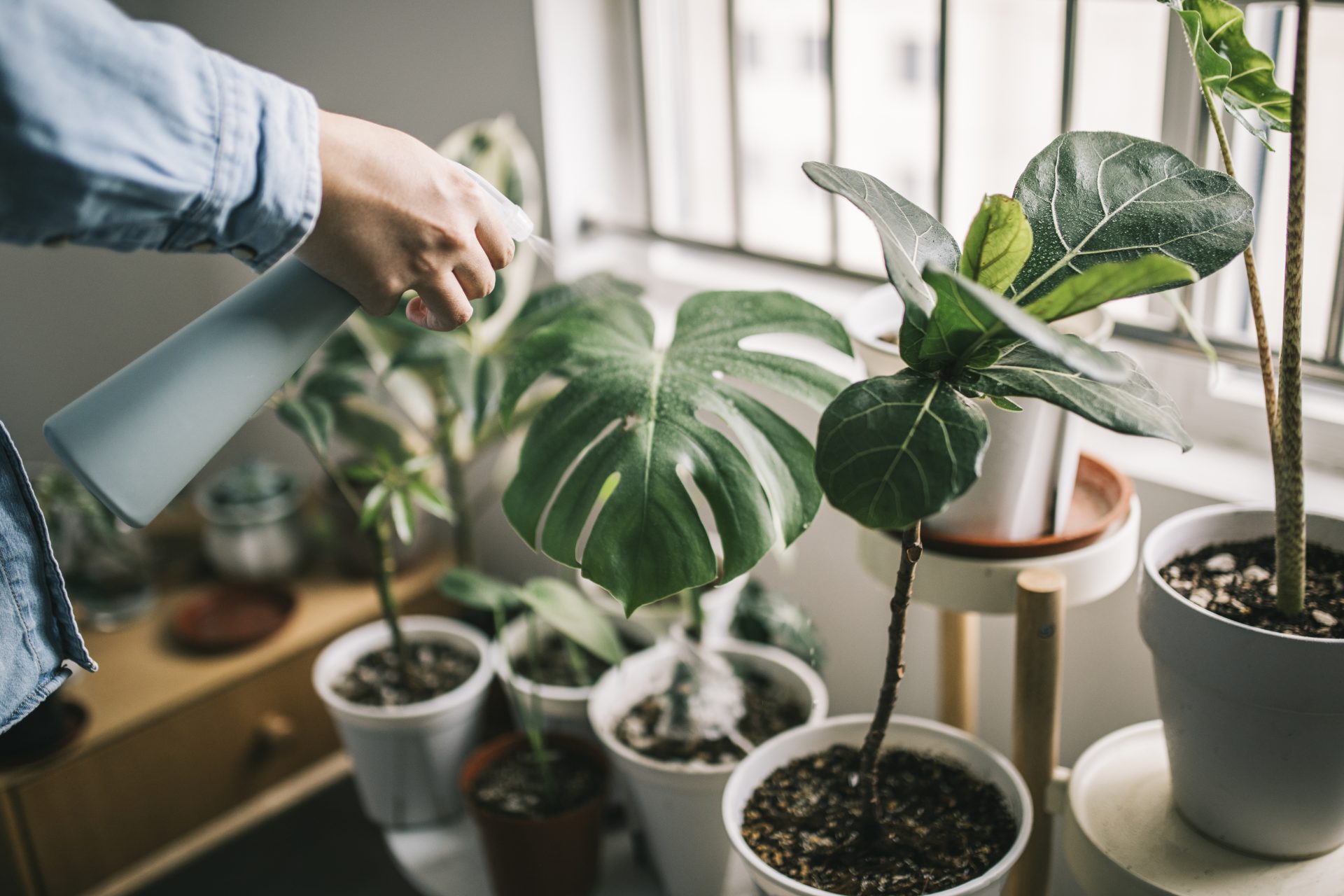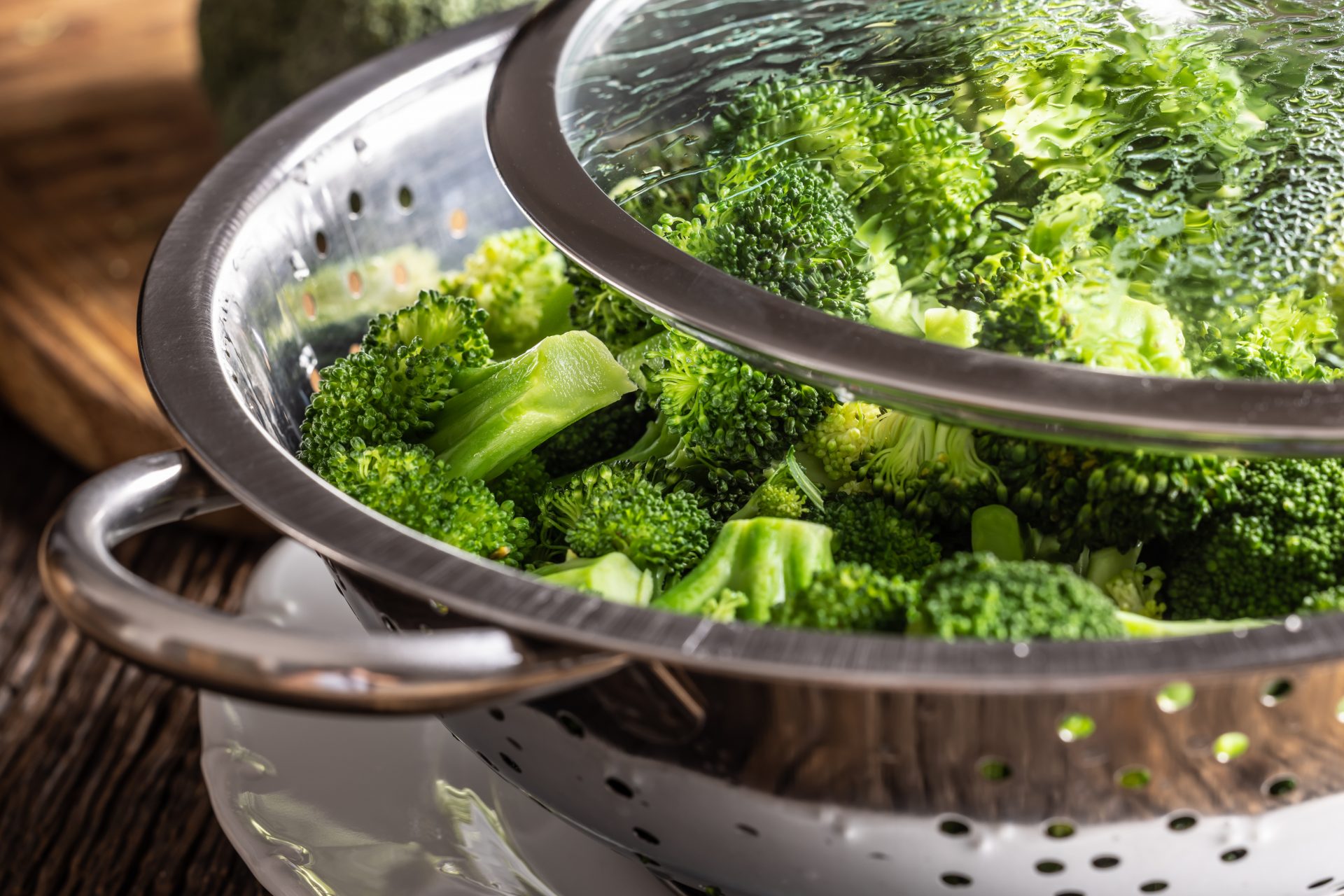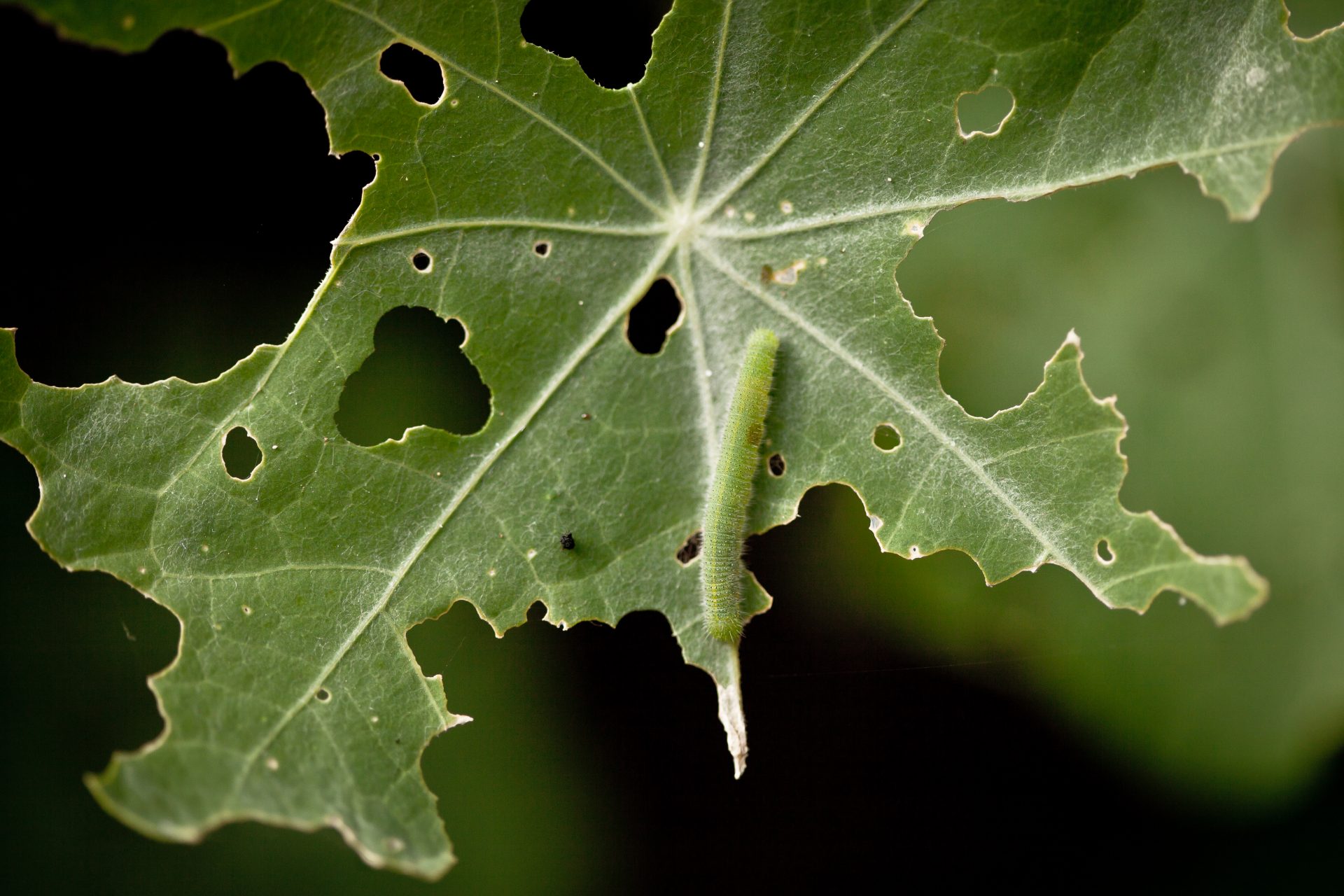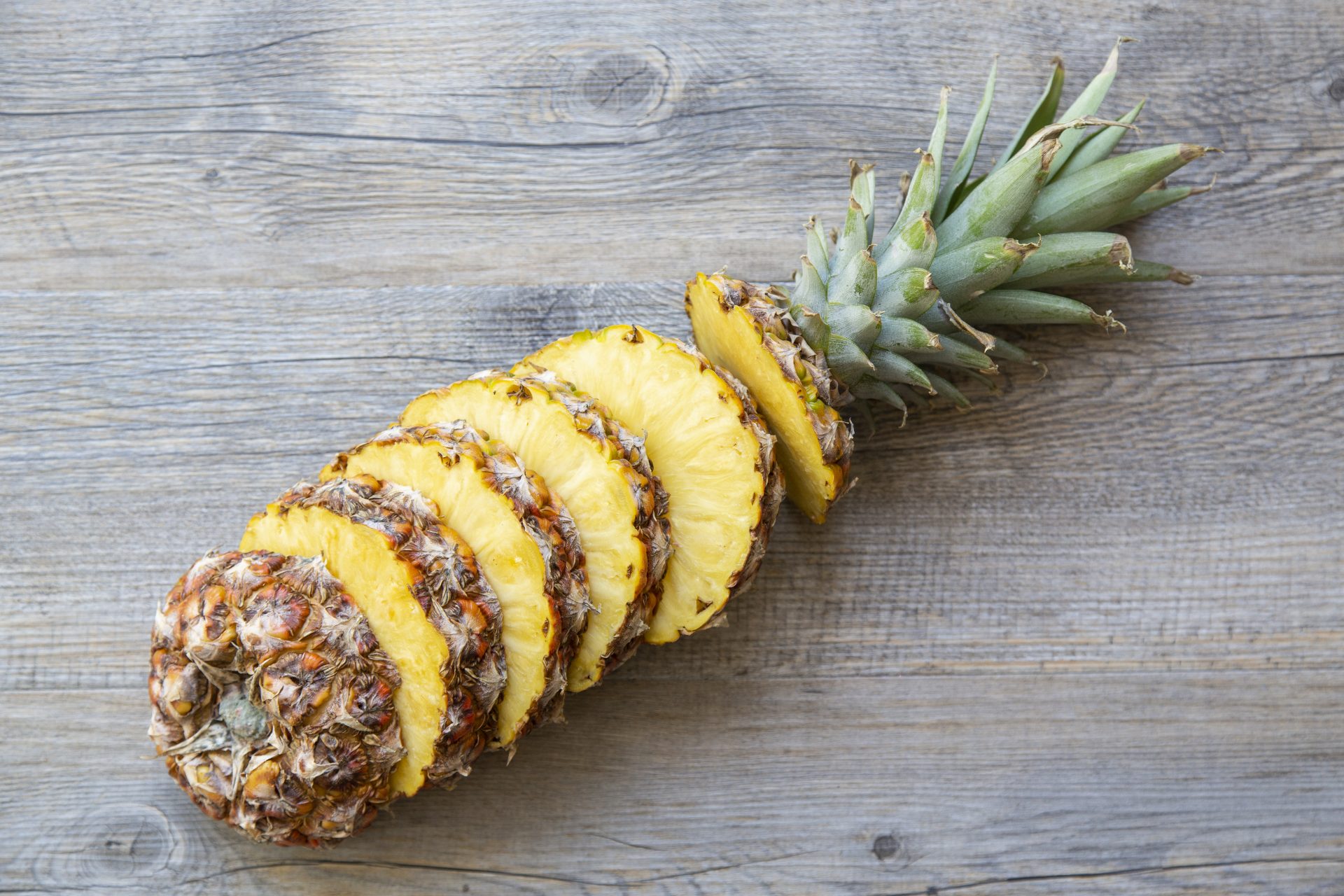Fruits and veggies like to fight back and they can even digest your tongue!
Human beings are plant predators that love a side of steamed broccoli or spinach salad next to their main course. But did you know most plants have defense mechanisms they use to fight back against their predators?
Everything from lemmings and antelopes to humans and caterpillars eat planets, so fruits and vegetables have developed ways to stop hungry bugs and animals from eating them.
However, not every planet is the same and different plants have different defenses depending on their environment and on what's eating them.
A few mechanical defenses include thorns, spines, or movements. Some plants close when touched, while others, like coconut palms, protect their fruit in layers of armor.
Other plants mimic the presence of insect eggs on their leaves or by becoming attractive to their predators and natural enemies.
However, chemical defenses are the ones humans experience more closely. Several plants produce substances that have adverse effects or cause a bad taste for plant predators.
A good example is peppers. This species has a substance called capsaicin that gives some varieties a peculiar spicy flavor. It affects the skin's nerve cells associated with pain.
Most people have experienced a burning sensation after eating pineapple, and its an enzyme called bromelain that's responsible. It brakes proteins down in the same way your stomach acid does.
So when you get that weird feeling when eating a pineapple, the fruit is technically digesting your tongue as you eat it. Bromelain is sometimes used as a meat tenderizer, just so you know...
Papain, an enzyme in Papayas, is also used as a meat tenderizer. It breaks proteins by separating their bonds in a similar but less aggressive way.
Image: Charles De Luvio / Unsplash
Many celebrities swear by the positive effects of lemon water in the morning. However, citric acid can also have adverse effects, primarily eroding teeth with its high acidity. It can also upset your stomach.
Monstera deliciosa, or monster fruit, comes from a beautiful ornamental plant. It is a very tricky food. When unripe, it contains oxalic acid, a toxic substance used to bleach wood and clean rust off metal.
Some foods have surprisingly toxic effects if eaten improperly. Cherries are fine, but their pits have a high content of cyanide. Avoid crushing them by chewing!
Apple seeds also have cyanide. Their protective coat prevents the poison from leaking if swallowed whole. However, it is best to avoid them.
The skin, bark, and leaves of mangoes contain urushiol, the same toxin that's in poison ivy. It is best always to peel the fruit before you eat it.
Image: Mahak Agrawal / Unsplash
A potato turns green when exposed to light, is old, or is damaged. A toxic substance called glycoalkaloid is responsible for that change. That is why it is best to avoid green potatoes.
Eating nutmeg directly on its own can be very toxic. Web MD states that symptoms can include hallucinations, drowsiness, dizziness, confusion, and seizures. You're better off using it as a flavor additive for baked goods.
Some people experience tongue soreness after eating any fruits, not just pineapples. That can be due to oral allergy syndrome (OAS). A response form the immune system when it confuses fruit proteins with pollen and triggers an allergic reaction.
More for you
Top Stories































